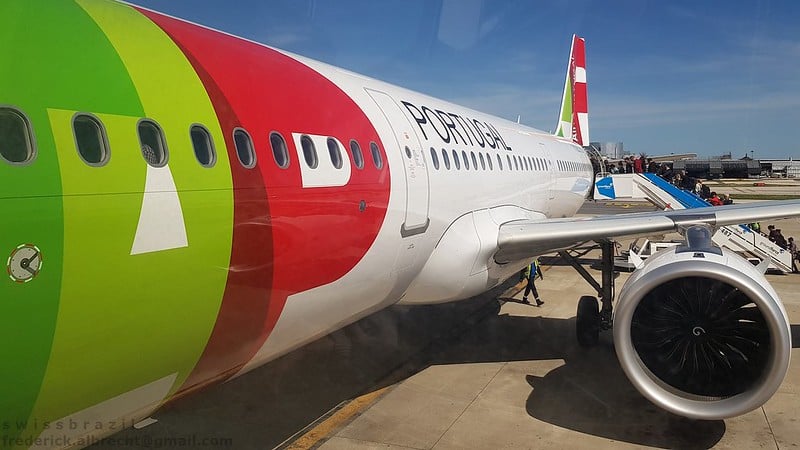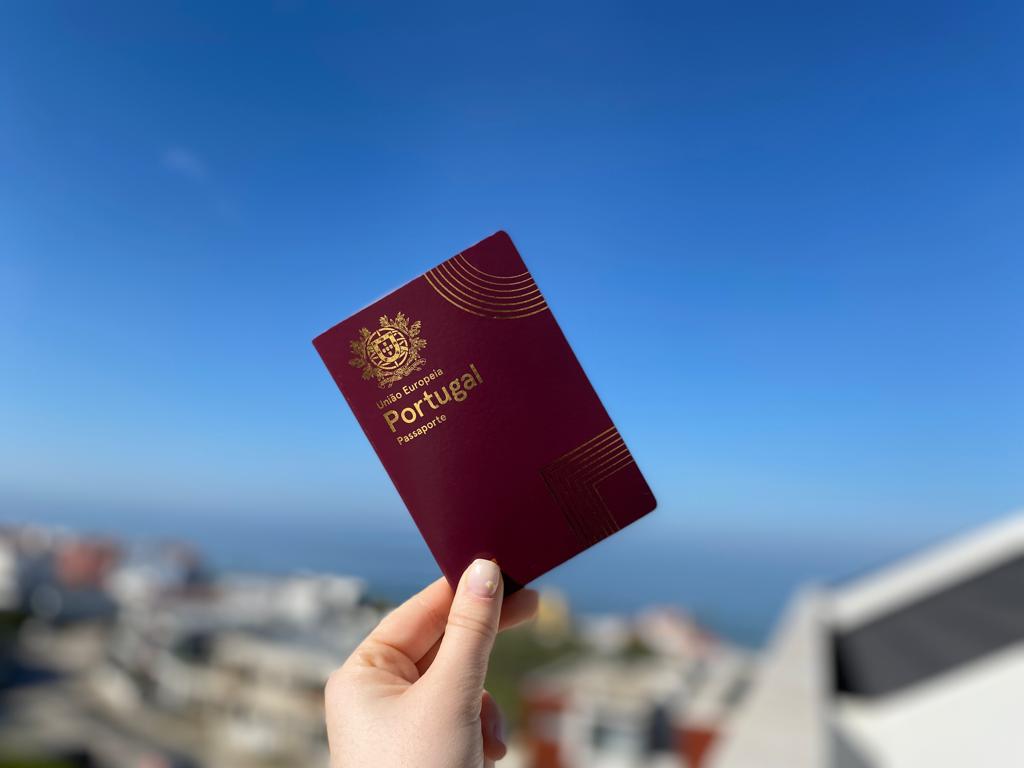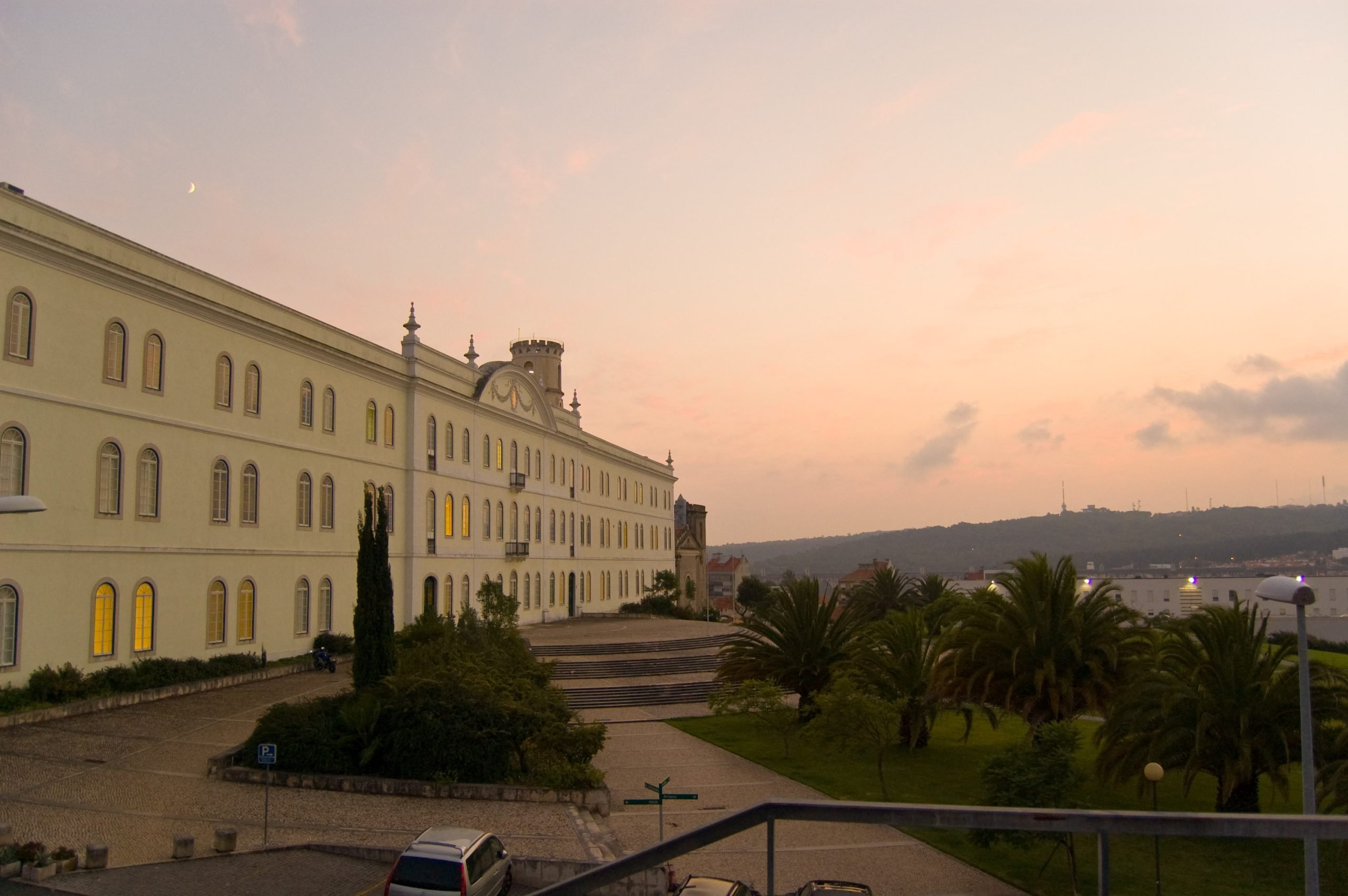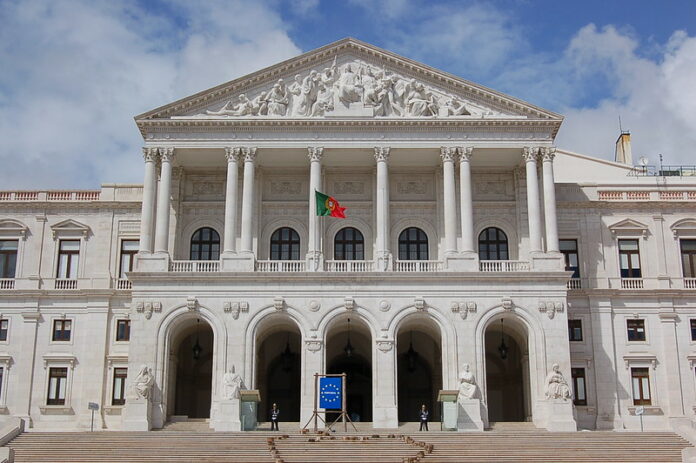The Portuguese government announced a new Action Plan for Migration on June 3, 2024, and it quickly came into force the following day. The plan laid out 41 new measures to tighten migration, clean up the backlog of pending immigration cases at AIMA, the Agency for Integration, Migration, and Asylum, and meet the deadline to update the Entry/Exit System at the borders, among others.
We’ve prepared a summary of the 41 measures to keep you well informed about these new changes and what to expect in the coming months.
Measures 1-5
Measure 1 will bring the biggest change to country, ending the so-called Expressions of Interest procedure that allowed people to enter Portugal as tourists, find jobs, and then be considered legal residents after paying into the Social Security system for 12 months. Cases of this nature already in process that meet the requirements of the previous law will still be considered and processed. This essentially will require everyone seeking Portuguese residency in the future to apply at their local Portuguese consulates and obtain temporary residency before entering the country.
- Strengthen the response and processing capacity of Consular Posts identified as priorities, with a target of adding around 45 new visa analyst experts
- Streamline and prioritize immigrant entry channels including regrouping, young students, qualified professionals, and nationals of the CPLP (Community of Portuguese Language Countries)
- Complete family reunification, expanding the priority group for young people tov18 years old (currently 5-15 years old)
- Extend the stay in Portuguese territory of holders of visas or authorizations of residence for young students, allowing a reasonable period to search for employment after completion of academic degrees (instead of expiring after the end of the course).
- Streamline procedures for granting visas and residence permits to national citizens of CPLP countries
- Create an urgent resolution process for the approximately 400,000 pending processes/requests
Measures 6-10
- Take on urgent interventions in the infrastructures, IT systems, and databases of the existing border control
- Adopt urgent measures to mitigate high levels of congestion and delays that occur at airport border posts, especially in Lisbon and Faro
- Promote access to the Schengen Area for holders of travel authorizations with CPLP residence
- Resolve the expiry of deadlines of residence permits
- Improve monitoring of the terms of responsibility for residents in order to identify and combat possible fraud situations
- Streamline procedures relating to scheduling for the purpose of submission of visa applications.
- Ensure compliance with deadlines for decisions in the processes of granting asylum and international protection.
- Develop and execute the national plan for the implementation of the Pact for Migration and Asylum of the European Union

Measures 11-15
- Increase the capacity of the infrastructure necessary for the temporary installation of foreign citizens in Spaces Equivalent to Temporary Installation Centers (EECITs) of Faro, Lisbon, and Porto
- Build new Temporary Installation Centers (CIT) and increase the capacity of existing spaces.
- Institute procedural speed mechanisms related to appeals against administrative decisions in cases relating to matters of immigration and asylum, family and child and young migrant processes, and/or applicants for asylum; Implement processes for assessing the regularity of entry and permanence of foreign citizens in Portuguese territory.
- Guarantee the efficiency, effectiveness, and humanism of the return system for those who are illegally staying in Portuguese territory
- Create a multi-force enforcement team to combat abuses related to illegal stays and human trafficking
Measures 16-20
- Carry out an audit of language training and assessment procedures carried out for the purposes of obtaining Portuguese nationality.
- Establish a system of attraction of human capital, using a needs assessment that aligns the current and future labor shortages of the national economy
- Improve the process of recognizing qualifications and competencies through updated evaluation criteria, with up to level 5 qualifications
- Promote professional training and qualification of foreign citizens who settle in Portugal
- Launch the Labor Needs Survey to recruit foreign workers

Measures 21-25
- Promote the attraction and attendance of foreign students in educational institutions and Portuguese higher education institutions, through increasing the number of scholarships for attending different education cycles higher education by CPLP students, among others
- Strengthen cooperation agreements with non-governmental and social organizations to increase places in reception centers for asylum seekers and refugees.
- Increase the capacity of specialized residential units to respond to emergency situations
- Increase temporary and urgent accommodation capacity for immigrants, refugees and beneficiaries of international protection
- Promote the professional integration of immigrant workers, in order to alleviate difficulties (linguistic and others) in the active search for employment and develop social skills that facilitate entry into the job market

Measures 26-30
- Bring the level of integration skills closer, cooperating with local authorities in the creation of Municipal/Intermunicipal Reception Centers for Emergency for immigrants, asylum seekers, and other emergency situations
- Implement integration projects in very critical neighborhoods/urban areas
- Strengthen the supply, coverage, and frequency of teaching Portuguese as a Non-Mother Language
- Make multilingual materials and guidance available (also in digital format)
- Simplify the equivalence granting process for rapid integration of migrant students in basic education
Measures 31-35
- Promote and manage immigrants’ access to the National Health Service and healthcare health, information about their rights and duties, and promote health actions awareness and information for health professionals
- Create an instrument to channel private capital for social investment in immigrant integration projects, which shall be known as Residence Permits for Social Investment, a change compared to the scope of Residence Permits for Investment (ARI), to include investments made in reception equipment and infrastructure, integration and support projects for immigrants in vulnerable situations
- Create the Foreigners and Borders Unit (UEF)
- Restructure AIMA, removing its instruction and decision-making powers from return processes, empowering the Migration and Asylum Council
- Strengthen AIMA’s operational capacity, particularly human resources and technological technologies, improving their structural capacity to respond to current and future assignments
Measures 36-41
- Transfer the competence to face-to-face service of renewal requests for residence permits, currently at the Institute of Registries and Notaries (IRN) to AIMA, which will now process and make decisions of all requests for documentation of foreign citizens
- Reinforce face-to-face assistance for the integration and regularization of immigrants
- Restore the Migration Observatory (OM) as a State body, to inform public policy, in conjunction with the Council for Migration and Asylum, in order to recover and fully guarantee the annual commitments of monitoring migratory trends and possible changes that may require immediate action
- Reform, automate, and redefine the role and composition of the Council for Migration and Asylum
- Strengthen financial support for immigrant associations and non-EU organizations governmental/civil society companies operating in the sector
- Strengthen the decentralization of the response to the integration and regularization of immigrants, through the opening of new Local Support Centers for Migrant Integration
Final Thoughts
It remains to be seen whether these measures will be implemented to the fullest of their intent, but these are the latest plans released from the new Portuguese government. Hopefully, those with pending requests for residency, renewal, or applications for citizenship will also soon see some progress with their applications.


